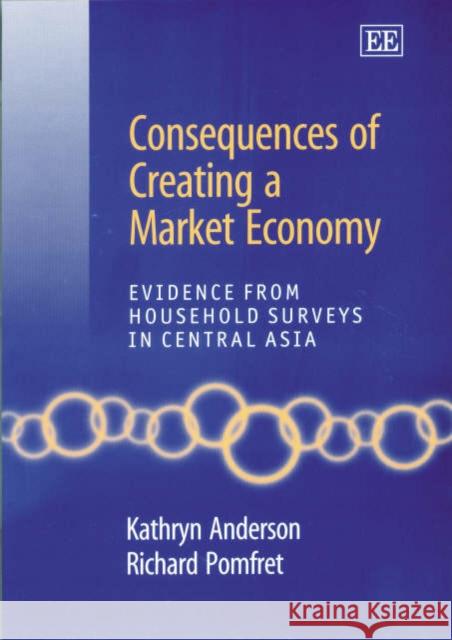Consequences of Creating a Market Economy: Evidence from Household Surveys in Central Asia » książka
Consequences of Creating a Market Economy: Evidence from Household Surveys in Central Asia
ISBN-13: 9781843761693 / Angielski / Twarda / 2003 / 224 str.
This work uses household survey data from five Central Asian countries to analyse the important consequences of, and elements that constitute, the creation of a market economy. The countries studied - Kazakhstan, the Kyrgyz Republic, Tajikistan, Turkmenistan and Uzbekistan - had taken minimal action towards creating a market economy before the dissolution of the USSR in late 1991. From similar initial conditions they have pursued different post-independence economic strategies, making them ideal candidates for comparative analysis. The pivotal question concerns the determination of living standards. Who gained and who lost from the transition to a market economy? Which characteristics are rewarded in a new market economy? How do national policies and other systematic factors affect these outcomes? The authors also address other important issues that have emerged during transition debates: the position of women and the role of small businesses. The book analyses the gender issue in the narrow, but significant, sense of what happened to women in the labour market and the authors also analyze the characteristics of households with non-farm businesses.











